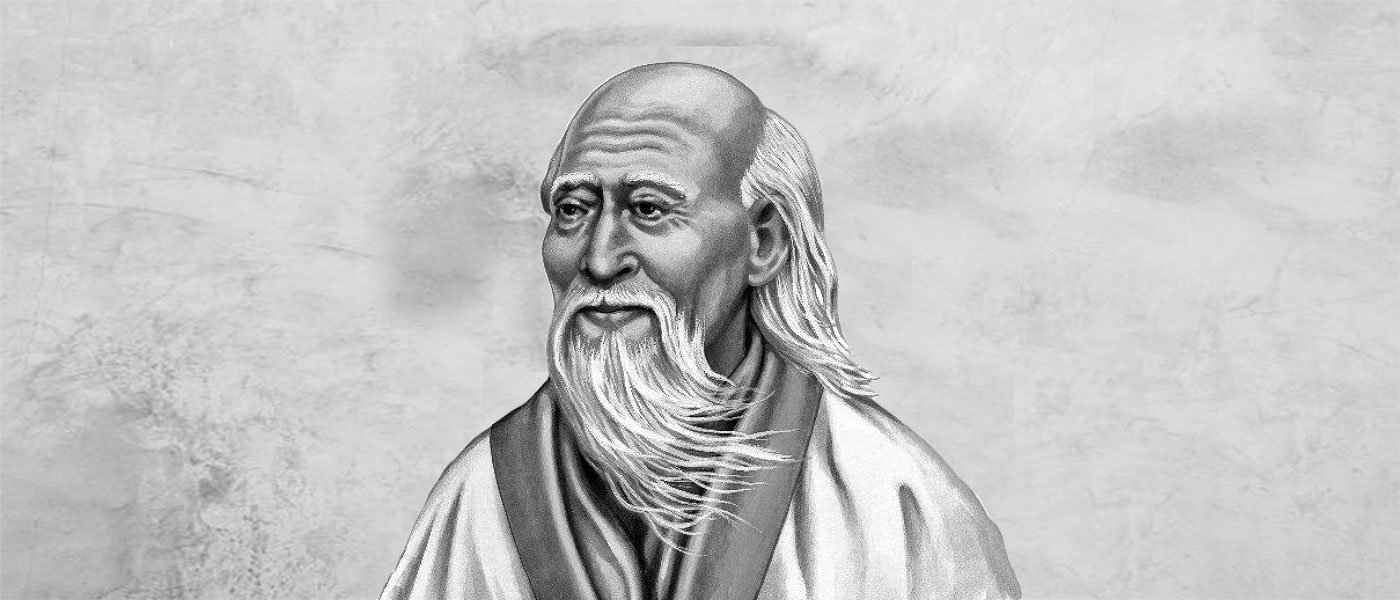

Jul
There are pieces of information one can consider vital to an economic analysis that pertains to China, pieces of the puzzle without which the final construction makes little sense. China’s population, GDP and so on. There are, however, many tidbits of information in the “nuance” category. In other words, pieces of the puzzle one can “live” without. While the final puzzle is indeed incomplete if these pieces are to disappear, we can still figure out relatively easily what the image was about.
If you see little value in nuances, please close this browser page.
There are more than enough articles here on ChinaFund.com which refer to “vital” information, simply visit our “New Here” section for a user-friendly sitemap, if you will. However, before you do that, it is worth pointing out that while such an approach is understandable, it is sub-optimal. The modus operandi of ChinaFund.com revolves around excellence and, frankly, an analyst who doesn’t have a firm grasp on China-related subtleties will never attain excellence.
On that note, knowing a thing or two about the ancient philosopher Laozi (or Lao Tzu) and Daoism (Daoism if we are to use the post-pinyin version, referring to it as Taoism isn’t wrong either) is paramount to understanding what has made the Chinese “tick” for not decades or even centuries but downright millennia.
In all honesty, don’t look for historical accuracy when it comes to Laozi himself. He is considered to have been the Keeper of the Archives for the Zhou Dynasty royal court, who eventually got sick and tired of the moral corruption that became ubiquitous and decided to head West and live as a hermit. While doing that, legend has it that a border guard asked him to write down some words of wisdom before letting him pass, words of wisdom now known as the Tao Te Ching.
Again, however, “legend” is the operative word.
Historical evidence is in many cases either missing or even downright contradictory. For example, it is quite likely that the Tao Te Ching represents the combined effort of multiple philosophers rather than strictly a Laozi writing and, in fact, many historians consider the very existence of Laozi debatable. Some believe he did exist and consider him an older contemporary of Confucius, others place him in slightly different time periods. As can be seen, it would perhaps be wise to stop looking for historical certainty when it comes to the person Laozi and, instead, focus on the philosophy.
And, indeed, therein lies the “meat” of the entire endeavor.
In the end, Laozi’s Daoism, along with Confucianism and Buddhism represent the let’s call them three philosophical pillars of China. An interesting anecdote about them can help you understand the sometimes-subtle differences between the three. It is said that Confucius, Buddha and Laozi all tasted vinegar and shared their opinions. Confucius found the vinegar sour, symbolizing his view that the world is full of soiled/degenerate people. Buddha found it bitter, symbolizing the suffering seen all around us. Laozi was the only one who had a positive interpretation to offer, finding the vinegar sweet and as strange as it may seem, this is because he saw balance and harmony in our world, even if it was frequently hidden beneath a layer of chaos.
And, indeed, finding balance is the operative approach when it comes to Daoism. For example, a lot of value is placed on mental stillness, on taking a step back and freeing our mind so as to better see the big picture. Many might argue that, indeed, this approach tends to be more valued in China than in the West. And, indeed, quite a few of us in the West find little time for simply seeking harmony with nature, meditation and so on. After all, we have schedules to maintain and progress needs to be made at all costs. Sometimes, Westerners end up either fascinated with or shocked by the fact that their Chinese business partners see things differently with respect to what is and isn’t considered urgent.
This brings us to another Chinese core value: patience. Whether it comes to the wisdom of the average Chinese farmer or to complex long-term plans put together by the authorities, a compelling case can be made that the Chinese are more willing to be patient than Westerners. Understandable in light of the fact that leaving philosophy in general and Daoism in particular aside, the Chinese civilization itself has been around for a longer time than Western civilizations. Even the first-ever recorded Chinese emperor was considered to have “inherited” a Chinese empire in shambles that he turned around, which meant that… you’ve guessed it, the empire already existed.
Finally, Daoism considers the best people like… water. Essential to all living beings without competing with other elements, more than willing to find its way through all sorts of more or less hospitable terrain. Once again, someone deeply entrenched in the competition-heavy Western worldview might find China’s attitude throughout many periods of its history and even nowadays peculiar. The idea of soft dominance, of not aggressively asserting your strength and so on. In the end, a reasonable conclusion to our article about Laozi and Daoism can only be this: it represents a key element that explains why and how China is different from a cultural perspective, with the ramifications when it comes to the financial/economic dimension that interests us being more than obvious.
